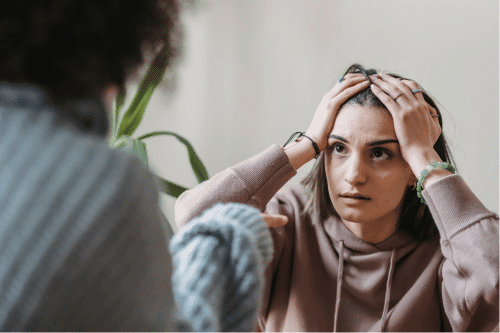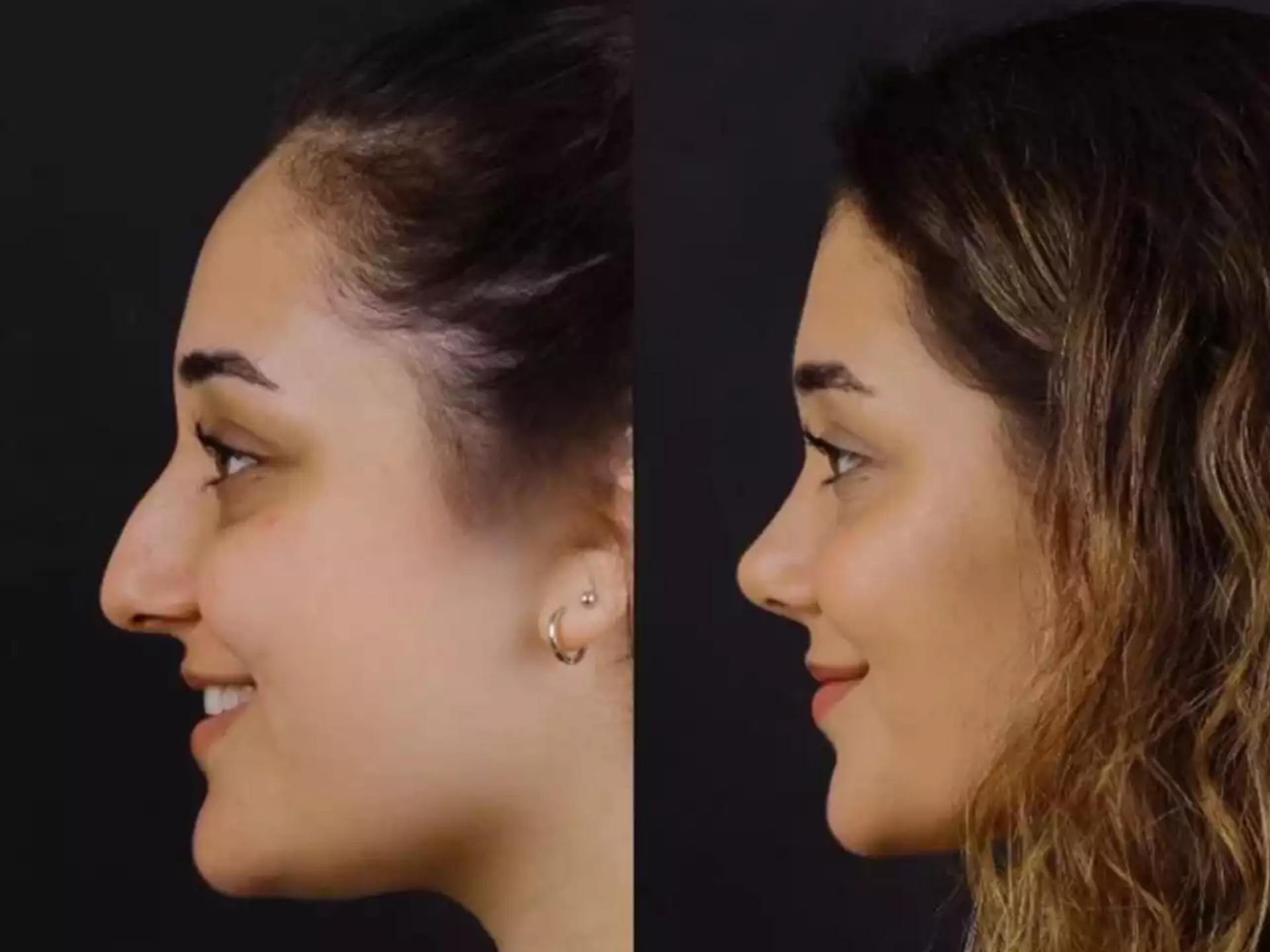In today’s fast-paced world, anxiety has become one of the most common mental health challenges. From work pressures to personal responsibilities, modern life often leaves little room for mental rest. While occasional stress is normal, persistent feelings of worry, fear, or unease can take a toll on your well-being. Thankfully, there are Anxiety Treatment in Dubai that focus on restoring balance, promoting relaxation, and helping you regain control of your emotions naturally and safely. Understanding the right treatment for anxiety involves exploring different approaches that work for both the body and mind. Whether you experience mild nervousness or more persistent anxious thoughts, the key is to find proven methods that help calm your mind, ease tension, and restore a sense of peace.
Understanding Anxiety and Its Impact
Anxiety is more than just feeling nervous before a big event—it’s a continuous state of excessive worry that can affect your thoughts, body, and daily life. It can manifest through symptoms like restlessness, fatigue, difficulty concentrating, and even physical tension. When anxiety becomes overwhelming, it interferes with productivity, relationships, and emotional stability. Recognizing these patterns is the first step toward improvement. By acknowledging your symptoms, you open the door to effective management strategies that can bring calm and clarity back into your life.

The Importance of Seeking Help Early
Many people try to ignore anxiety or believe it will fade on its own. However, delaying care often makes symptoms worse over time. Early support allows you to manage anxiety before it becomes deeply ingrained in your habits or thought patterns. This proactive approach prevents escalation and helps you maintain long-term emotional health.
Through Anxiety treatment, individuals can learn healthy coping mechanisms that replace negative thought cycles with positive ones. It’s about retraining your mind to handle stress differently—without the constant overthinking or self-doubt that fuels anxiety.
Mindfulness and Meditation Techniques
Mindfulness is one of the most effective natural tools for managing anxiety. It involves focusing your attention on the present moment instead of dwelling on the past or worrying about the future. Meditation, deep breathing, and mindful observation help slow down your racing thoughts and create a sense of calm.
Regular mindfulness practice can:
-
Lower stress hormone levels
-
Improve emotional regulation
-
Enhance overall mental clarity
-
Promote relaxation even in challenging situations
Setting aside even ten minutes daily for mindfulness can significantly reduce anxious thoughts and help you feel more centered throughout the day.
The Role of Physical Activity in Managing Anxiety
Exercise is not only beneficial for the body but also powerful for the mind. Physical activity releases endorphins—natural chemicals that elevate mood and reduce stress. Activities like jogging, yoga, swimming, or brisk walking can help clear your mind, boost energy, and decrease tension.
In addition to improving mood, exercise helps regulate sleep patterns, which are often disrupted by anxiety. A well-rested mind is better equipped to manage stress and maintain emotional balance. Even short bursts of activity can make a noticeable difference in how you feel.
Nutrition and Lifestyle Balance
Your diet and daily habits play a significant role in mental well-being. Consuming nutrient-rich foods supports brain function and mood stability, while poor nutrition can exacerbate anxiety symptoms. A balanced diet with whole grains, fruits, vegetables, lean proteins, and omega-3 fatty acids can help reduce stress levels.
Equally important is avoiding excessive caffeine or sugar, as these can trigger nervousness and rapid heartbeats. Hydration, regular meals, and consistent sleep routines form the foundation for mental clarity and resilience. Small lifestyle changes can create powerful, lasting effects on your emotional health.
Relaxation and Breathing Techniques
When anxiety strikes, breathing often becomes shallow and rapid, which can increase feelings of panic. Learning controlled breathing exercises helps regulate the body’s stress response and restore calm. Techniques like deep diaphragmatic breathing or the 4-7-8 method are simple yet effective tools for immediate relief.
Additionally, incorporating relaxation activities such as listening to soothing music, journaling, or spending time in nature can ease the mind and reduce overthinking. These small, mindful breaks during the day provide mental reset points that prevent anxiety from building up.
Building a Support System
Human connection plays a vital role in emotional well-being. Talking with trusted friends or family members about your feelings can help release emotional tension. Support groups also provide a sense of belonging and understanding among individuals facing similar struggles.
Social support not only reduces isolation but also encourages accountability and positivity. Being around people who uplift and understand you can significantly reduce anxiety triggers and promote mental healing.
Cognitive and Behavioral Approaches
Anxiety often stems from distorted thinking patterns—expecting the worst, doubting one’s abilities, or overanalyzing small events. Addressing these thought processes is essential for long-term relief. Behavioral methods focus on identifying and reframing these negative thoughts into realistic, empowering perspectives.
For example, challenging the thought “I can’t handle this” with “I’ve managed challenges before, and I can do it again” helps rebuild confidence and emotional control. Over time, these mindset shifts train the brain to respond more calmly to stressful situations.
The Power of Routine and Structure
Anxiety thrives in uncertainty. Creating structure in your day provides predictability, which can dramatically reduce anxious feelings. Establish a daily routine that includes set times for work, rest, meals, and leisure. When your day has order, your mind feels more secure and less overwhelmed by unpredictability.
Incorporating self-care moments into your routine—like reading, stretching, or enjoying a hobby—further strengthens emotional balance. Consistency builds stability, which is essential for long-term anxiety relief.

Combining Different Approaches for Holistic Results
No single method works for everyone, as anxiety affects individuals differently. The most effective solutions often combine multiple strategies—such as mindfulness, exercise, nutrition, and thought management. This holistic approach targets both the physical and psychological aspects of anxiety, leading to deeper, more lasting calm. By blending lifestyle adjustments, mental exercises, and emotional support, you create a powerful framework for ongoing well-being. Consistency and patience are key—small improvements accumulate into meaningful, sustainable results over time.
Reconnecting with Inner Peace
A calmer mind is achievable when you commit to consistent self-care and positive habits. Anxiety may never disappear completely, but it can be managed effectively with awareness and healthy coping tools. Embracing these safe and proven approaches helps you move away from chaos and toward mental clarity. As you continue exploring what works best for you, remember that progress takes time. Celebrate small victories, practice self-compassion, and keep moving forward one mindful step at a time.
Final Thoughts
Living with anxiety can feel isolating, but you are never alone in your journey. Countless individuals have found relief and balance through simple, evidence-based strategies that encourage peace and stability. The path to a calmer mind begins with self-awareness and the willingness to make small, consistent changes that nurture mental wellness. With dedication, you can overcome anxious thoughts, rebuild your confidence, and create a life filled with serenity and control. When you embrace Anxiety Treatment Dubai as a part of your personal growth journey, you take an empowering step toward long-lasting emotional freedom and inner calm.
